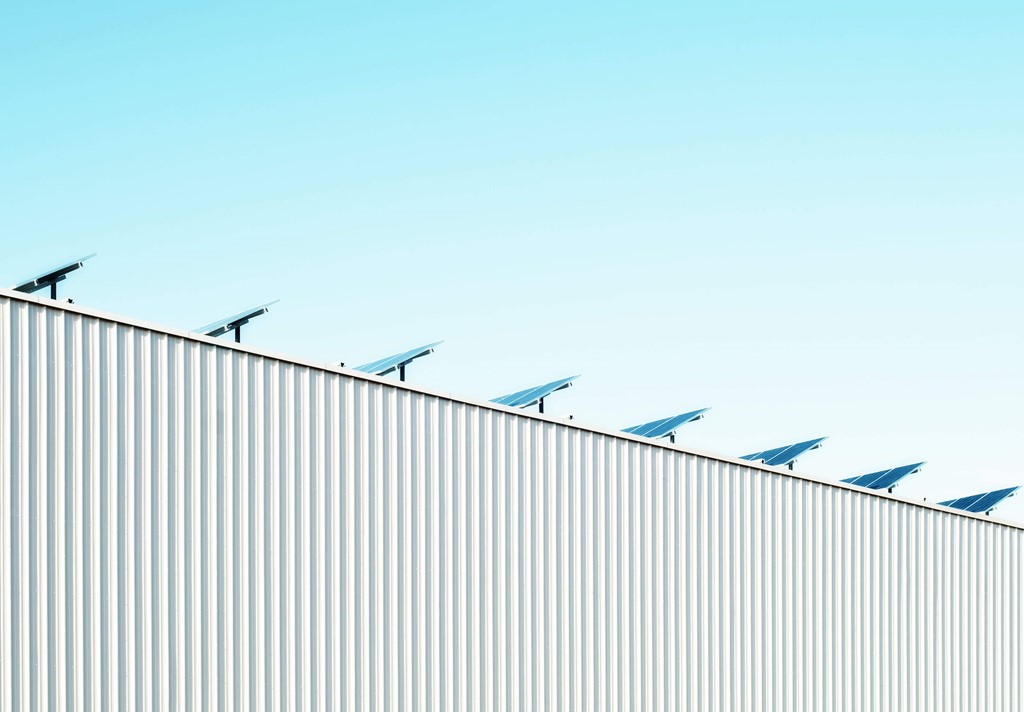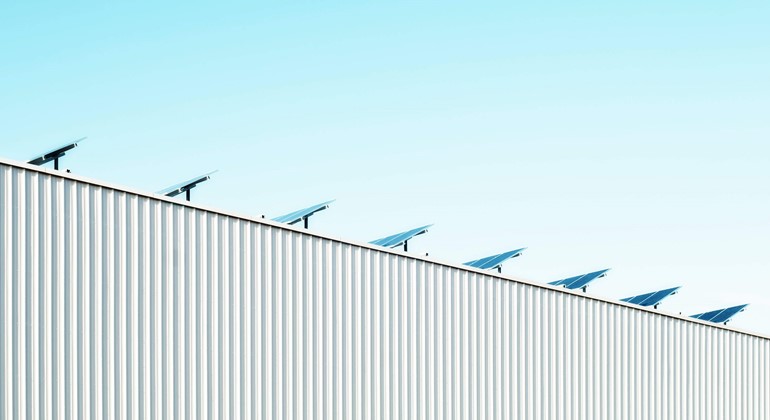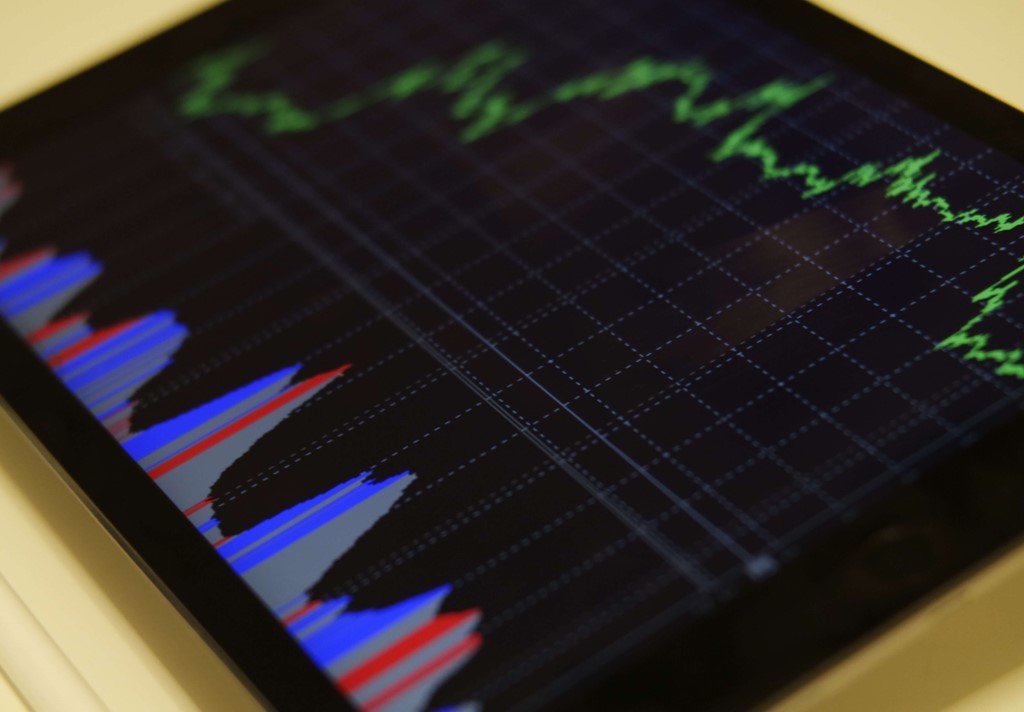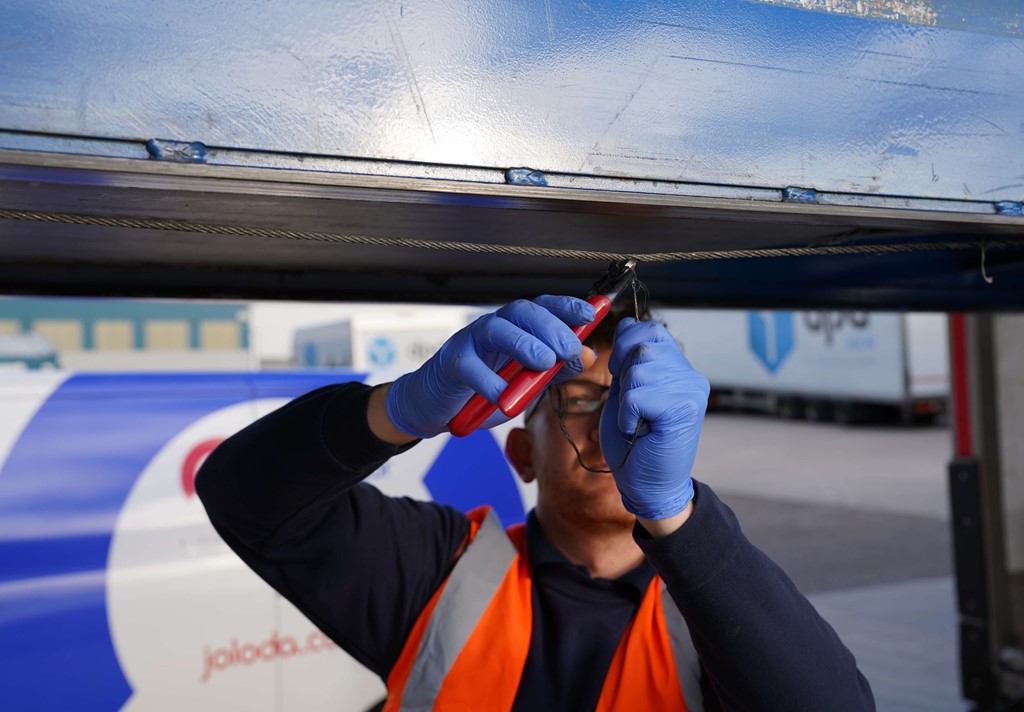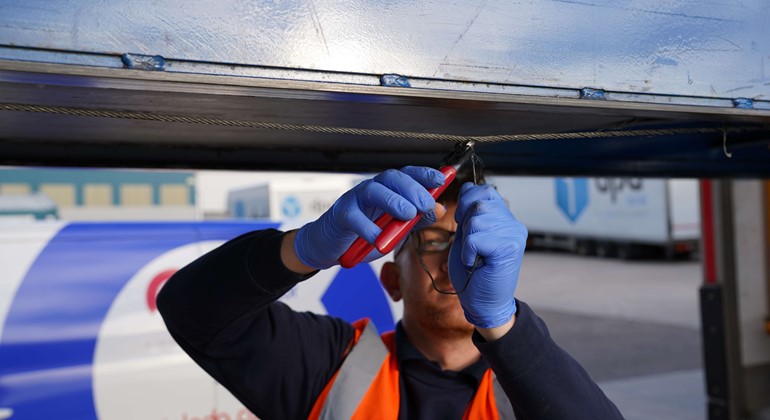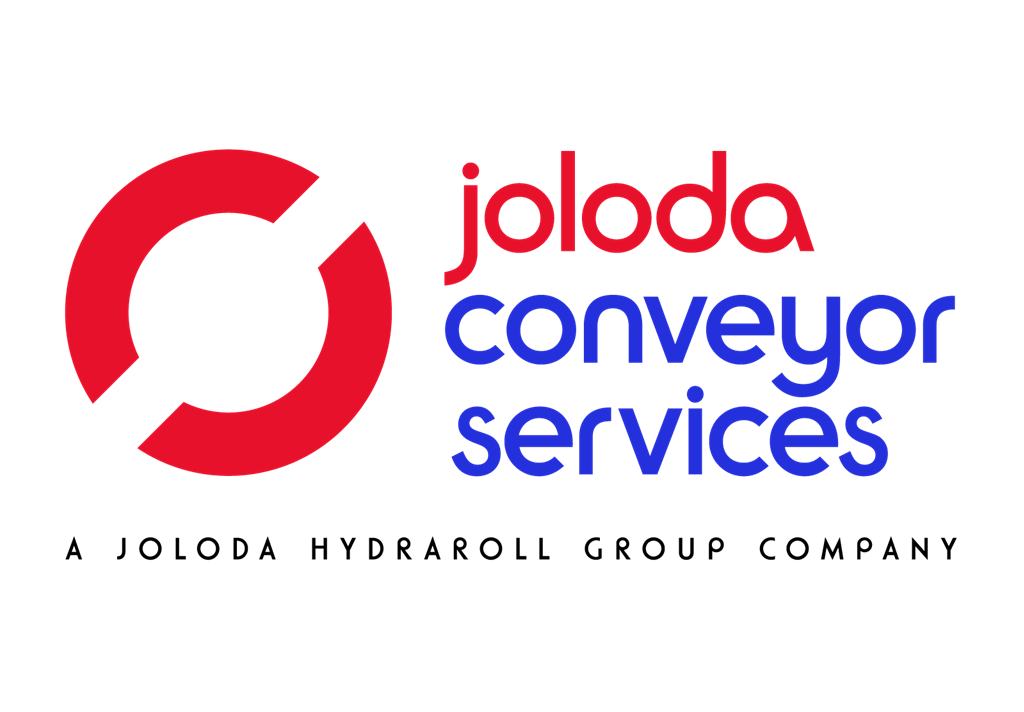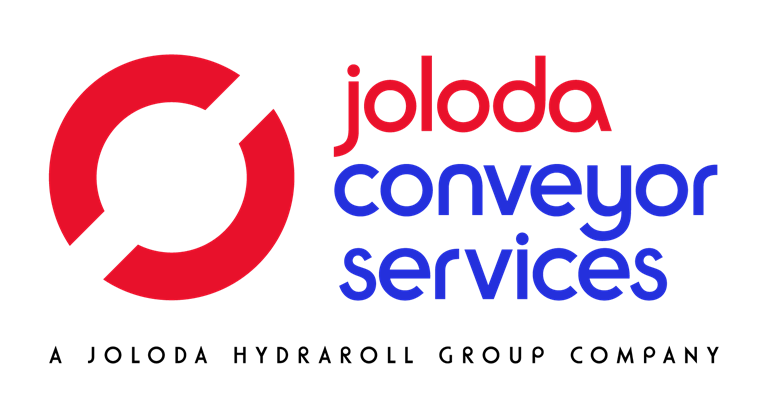Throughout this year, how many times has your company talked about sustainability? Undoubtedly, it is a frequently discussed topic, as the climate crisis is a reality that needs to be urgently combated.
Many strategies can be used to make a company more sustainable. However, one approach that might be overlooked is renewable energy on conveyors.
Conveyors are essential tools in the logistics sector, enabling the movement of goods and products. Precisely because they are so essential, they should indeed be placed at the centre of the debate on sustainability.
Imagine a warehouse using a belt conveyor to transport goods and products between different departments. This hypothetical machine consumes, on average, 50 kW per hour. If the company operates every day in two 8-hour shifts, then the daily consumption of the conveyor is 800 kW per day (50 kWh*16h). In a month (30 days), the consumption is, therefore, 24,000 kWh.
Considering that the carbon footprint of 1 kWh is 260 grams of CO2, the conveyor of this company emits over 6,000 kilogrammes of carbon dioxide per month. Thus, if the company switched to 100% renewable energy, it could reduce its carbon footprint by about 74.88 metric tonnes of CO2 annually. For comparison, removing this volume of carbon dioxide from the atmosphere would require 1,300 trees.
Now, let's explore how you can achieve this result.


